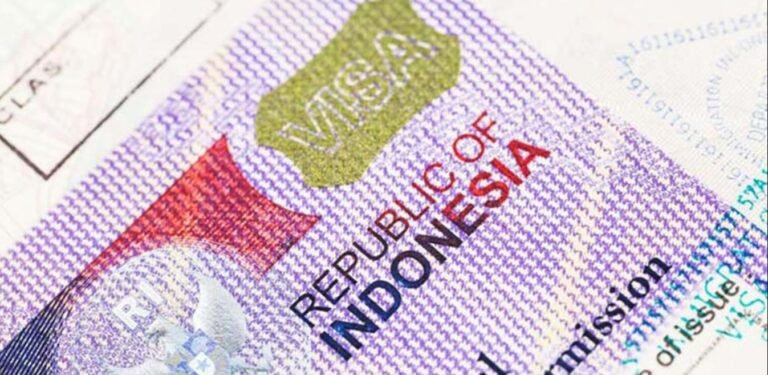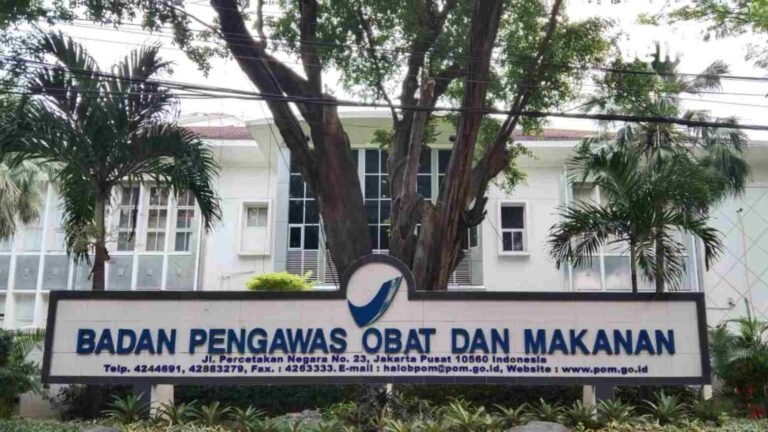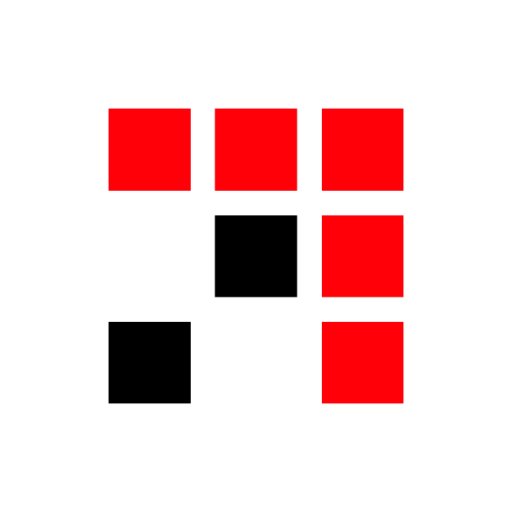Indonesia has strict guidelines to regulate the medical device industry. The license to import, distribute and trade medical devices is called Izin Penyalur Alat Kesehatan/IPAK), supervised by the Ministry of Health (Kementerian Kesehatan or Kemenkes for short).
If you plan to establish a business in the medical-device industry, obtaining this license is crucial as it directly influences your company’s credibility. Below are some key points you should be aware of, regarding medical device registration in Indonesia.
Who Can Register Medical Devices in Indonesia?
In Indonesia, the registration of medical devices must be conducted by a ‘sole importer’/local entity. Foreign manufacturers need to work through a local representative, while medical device registration is exclusively done through regional entities. Applicants can use these status to register medical device:
- Local Distributors/Representatives: These are companies based in Indonesia that liaise with foreign manufacturers. They must hold a valid Medical Device Distributor License (Izin Penyalur Alat Kesehatan /IPAK) for companies to represent and register the device.
- Local Manufacturers: Companies producing medical devices within Indonesia can directly register their products with Indonesia’s Ministry of Health.
- Importers: Licensed importers can register foreign medical devices they intend to bring into Indonesia. Like distributors, they must also hold an IPAK license.
Classification of Medical Devices in Indonesia
In Indonesia, medical devices are classified into four risk-based categories, in line with the ASEAN Medical Device Directive (AMDD). The classification system is intended to manage the regulatory control over medical devices in Indonesia. Here are the categories:
Class A: Low Risk
Devices with the lowest perceived risk.
Ensuring quality & durability
Example: Bandages, examination gloves.
Class B: Low to Medium Risk
Requires additional controls to ensure safety and effectiveness for mechanisms.
Example: Hearing aids, sutures.
Class C: Medium to High Risk
Requires more rigorous controls & complex evaluation.
Example: X-rays, Infusion pumps, surgical lasers.
Class D: High Risk
Highest risk and the strictest regulatory controls.
Additionally, clinical tests & journal articles
Example: Implantable devices, life-supporting devices.
Read More: Starting A Company in Bali: Business Consultant’s Guide for Foreign Entrepreneurs
How Seven Stones Can Help Your Medical Device Registration
Please note that business regulations in Indonesia are subject to change from time to time. Specific administrative procedures also vary, depending on the type of medical device and the regulations in place at the time of application.
Therefore, it is crucial to regularly update your information and consult with relevant experts. If you have any questions about the requirements, how much the registration cost or the detailed process, please give us a call or send us an email. Don’t hesitate to contact our legal team at Seven Stones Indonesia’s offices. We can assist you with specific tailored solutions that might be right for your business.


















